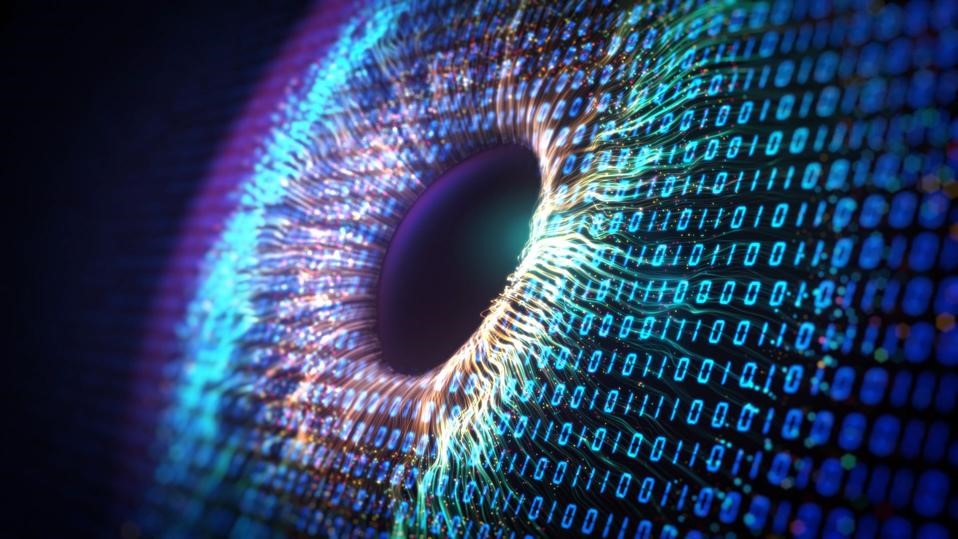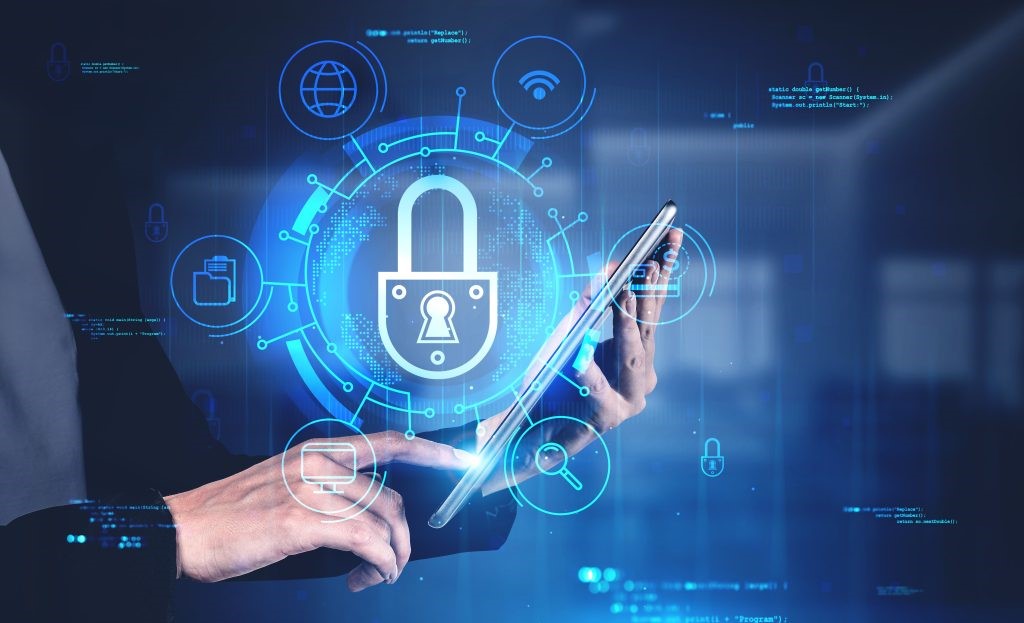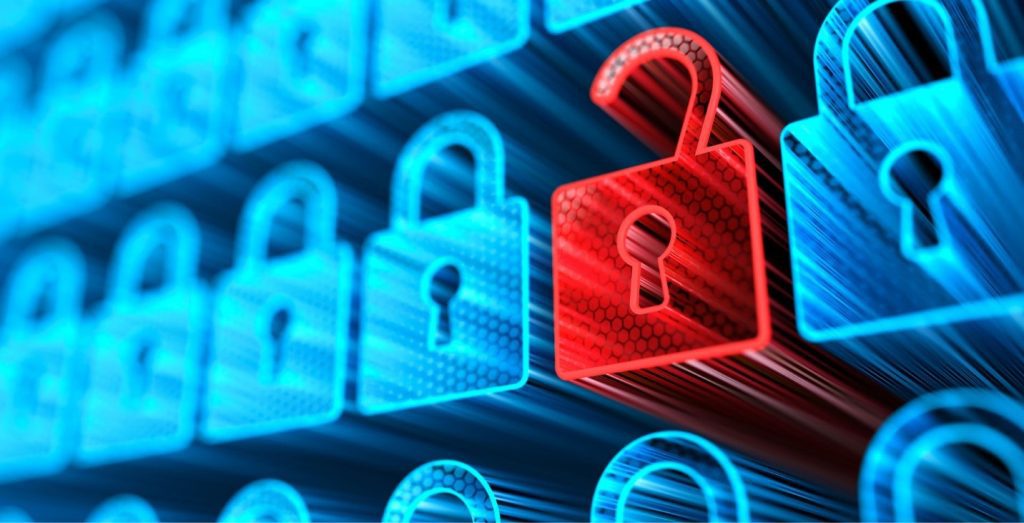The significance of cybersecurity must be highlighted in a world that is increasingly dependent on digital technology. It is the barrier that safeguards our digital life, protecting our data, privacy, and even our financial security. But what exactly is cybersecurity, and why is it important? In this article, we will examine the complexities of cybersecurity, the various types of attacks it faces, and why it is a matter of utmost significance.
What is Cybersecurity?
Cybersecurity is the process of preventing cyberattacks and illegal access to networks, computer systems, and software. In simple words, it is your digital guardian, keeping an eye on your online environment. Its major goal is to protect against attacks that aim to interrupt ordinary corporate operations, compromise critical information, or gain a financial advantage.
Cyberattacks
Cyberattacks are expensive, both financially and in terms of reputation. Global cybercrime spending is expected to exceed $6 trillion by 2021. The figure illustrates the critical need for strong cybersecurity measures across a variety of businesses. The average organization encounters about 130 cyberattacks every year, and this number is gradually rising. These attacks can also have serious consequences for humans, such as, stolen personal information is frequently used for identity theft and other harmful objectives.
Why Does Cybersecurity Matter?
In today’s world, cybersecurity is incredibly significant. It protects important information from people who try to attack and harm online systems. The following elements explain the importance of cybersecurity:

Protecting Sensitive Information:
Cybersecurity professionals use safety measures such as encryption and access management to avoid unwanted access.
Defending against Cyber Threats: With the emergence of advanced continuous threats, cybersecurity professionals are able to detect and eliminate numerous forms of cyberattacks, such as phishing, malware, ransomware, and supply chain attacks.
Maintaining Critical Infrastructure Security: Cyberattacks may harm critical infrastructure such as power grids and healthcare facilities. Cybersecurity experts seek to protect these essential systems and ensure public safety.
Ensuring Business Continuity: Cybersecurity professionals assist companies in maintaining regular operations in an environment of cyber threats by developing company continuity tactics.
Enhancing Security: Security measures such as firewalls and intrusion detection systems are used to monitor and prevent unwanted access, and keep an eye out for known and unexpected risks.
Addressing Insider Threats: People within the organization who have malicious intention express major threats. Insider threats are detected and handled by cybersecurity specialists, ensuring organizational security.
Three Pillars of Cybersecurity
Three pillars are necessary for successful cybersecurity: people, processes, and technology. These elements serve as the cornerstone of cybersecurity.

- People:
Cybersecurity specialists train people to detect and respond to threats. However, people are still the weakest link of cybersecurity, subjected to a variety of hazards even with the knowledge and efforts of cybersecurity experts and strong safety measures. - Processes: The legal structure for cybersecurity is established through processes and policies. They range from preventive measures to real-time actions that aid in the detection and elimination of attackers.
- Technology: This includes the cybersecurity IT infrastructure, including hardware and software. Antivirus software and protective AI that checks networks for suspicious activity are examples of this.
Core Objectives of Cybersecurity
The CIA trio is a model that specifies the core objectives of any cybersecurity framework:
- Confidentiality: Preventing illegal use of intellectual information and personal data. This needs strong authentication and user authorization constraints.
- Integrity: Ensure that data is correct and has not been tampered with illegally. Access control, encryption, and physical security are crucial.
- Availability: Ensure that systems, applications, and networks keep working and are available to authorized users.
The Cybersecurity Process (NIST Framework)
To address cybersecurity threats, the National Institute of Standards and Technology (NIST) located in the United States, developed a cybersecurity framework comprised of standards, recommendations, and guidelines. This framework assists companies in identifying, protecting, detecting, dealing, and recovering from cyberattacks. The following steps are followed in this process:

- Identify: Determine the nature of risks and the assets that must be protected.
- Protect: Implement security controls to protect assets and restore system functionality if they are attacked.
- Detect: Monitor for security incidents on a regular basis to identify the type and impact of threats.
- Respond: Create strategies to drive out intruders and minimize threat impact.
- Recover: Restore damaged systems and make changes depending on what you have acquired.
Final Words:
Cybersecurity is our critical shield in the digital age, safeguarding sensitive data and guaranteeing user safety as they interact globally. This overview has emphasized its crucial function, protecting against various cyber threats by utilizing the cooperation of people, processes, and cutting-edge technology. Strong cybersecurity measures are essential for protecting our digital lives and maintaining our way of life as global illegal activities increases. Let cybersecurity serve as our dependable companion to guarantee a safe and prosperous digital future.
Disclaimer: Any opinions expressed in this article do not necessarily reflect the opinions of Gibbous. This content is meant for informational purposes only.







